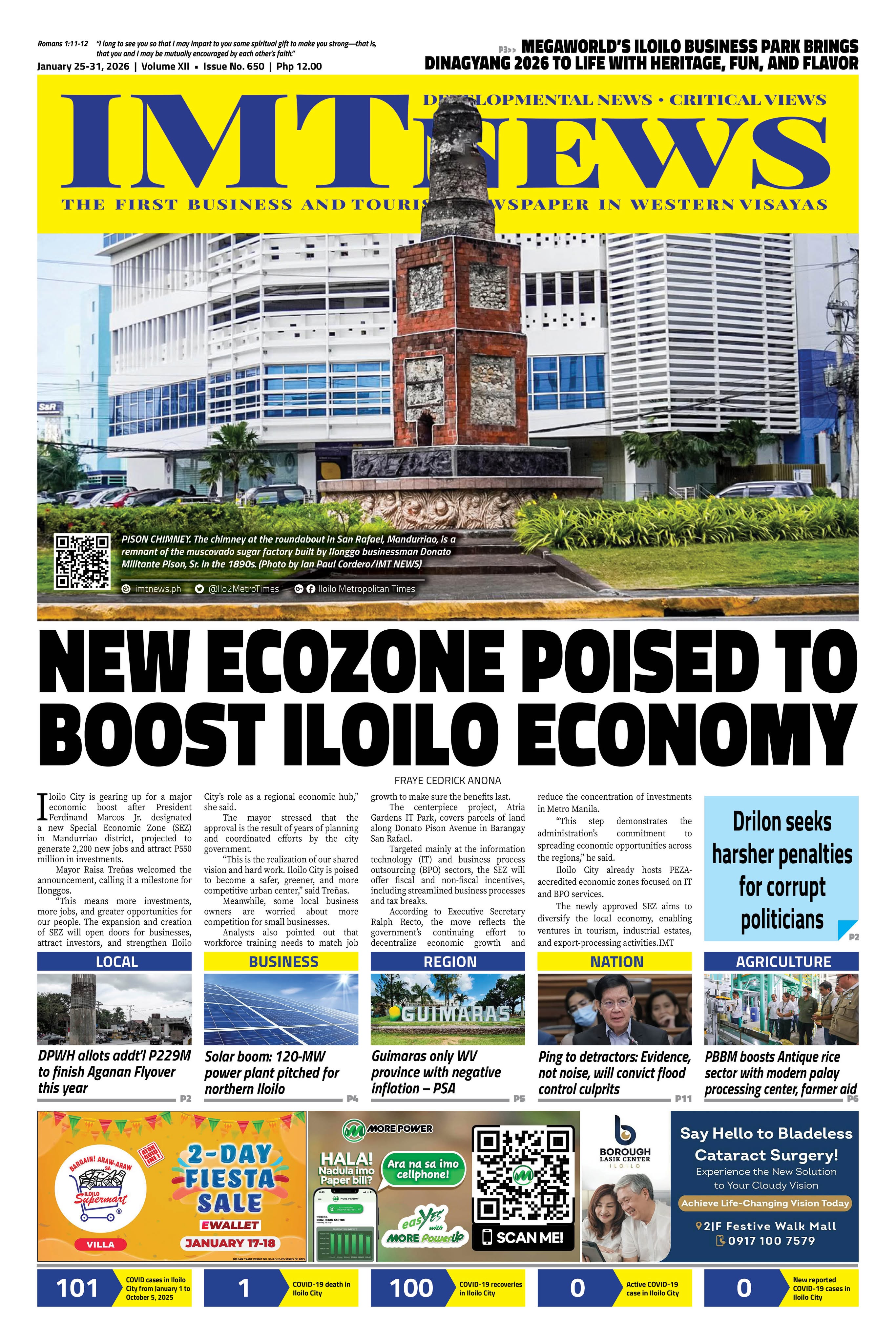In response to the rising number of HIV (human immunodeficiency virus) cases among Filipino youth, a community dialogue titled HIV Town Hall: A Community Dialogue on Ending the Epidemic was held in Iloilo City.
The event, organized by the Family Planning Organization of the Philippines (FPOP) together with the AIDS Healthcare Foundation (AHF), gathered young advocates, health experts, and stakeholders to push for stronger HIV prevention, education, and stigma reduction efforts.
The town hall highlighted a troubling statistic: 50% of new HIV cases in the Philippines involved individuals aged 24 and below.
FPOP Kabataan – Iloilo Chapter president John Cristian Porras emphasized that the numbers reflect real people whose lives are being affected.
“These aren’t just statistics. These are faces, stories, and the lives of people. We are not just at risk — we are ready to lead. But we need to be included meaningfully in prevention, education, testing, and advocacy,” he said.
Despite the availability of free condoms, restrictive policies continue to hinder access—particularly for individuals under 18 who are legally barred from obtaining them without adult consent.
The event also addressed the lack of comprehensive sexuality education in schools, with many institutions failing to teach it properly due to cultural stigma and misconceptions.
“Stigma and outdated policies continue to block effective prevention, and this must change to protect lives,” said Dr. Loyd Norella, Global Con HIV Program manager.
According to FPOP, securing the rights of young people and promoting responsible decision-making is essential in addressing the crisis.
The group stressed the need for accurate and age-appropriate sexual health education to help the youth avoid the risk of contracting HIV.
Many young people, it noted, are unaware of basic preventive measures due to insufficient information and fear of judgment.
The dialogue concluded with a strong call from youth advocates urging the government to declare HIV a public health emergency through an executive order.
Data from the Young Adult Fertility and Sexuality Survey revealed that many young Filipinos begin engaging in sexual activity as early as age 14.
Fifteen-year-olds now make up a significant portion of new HIV cases, sparking alarm among health authorities.
As the epidemic spreads not only in Western Visayas but across the country, advocates insist that bold, youth-centered action is needed—now more than ever.IMT
REPORTING by Sophia Alegre, West Visayas State University College of Communication intern; EDITING by Reymar Latoza







